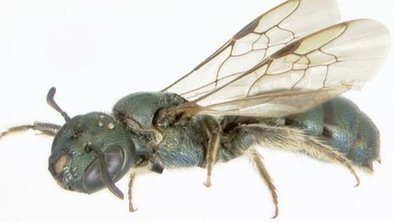With projections of 9.5 billion people by 2050, humankind faces the challenge of feeding modern diets to additional mouths while using the same amounts of water, fertilizer and arable land as today. Cornell researchers have taken a leap toward meeting those needs by discovering a gene that could lead to new varieties of staple crops with 50 percent higher yields.
The gene, called Scarecrow, is the first discovered to control a special leaf structure, known as Kranz anatomy, which leads to more efficient photosynthesis. Plants photosynthesize using one of two methods: C3, a less efficient, ancient method found in most plants, including wheat and rice; and C4, a more efficient adaptation employed by grasses, maize, sorghum and sugarcane that is better suited to drought, intense sunlight, heat and low nitrogen... If C4 photosynthesis is successfully transferred to C3 plants through genetic engineering, farmers could grow wheat and rice in hotter, dryer environments with less fertilizer, while possibly increasing yields by half...
Underlying study: http://dx.doi.org/10.1093/pcp/pcs147 ;
Via
Alexander J. Stein



 Your new post is loading...
Your new post is loading...













Any study explaining why a species went extinct 65 million years ago will at first glance seem disconnected from current events. However bees are critical to agriculture and ensuring biodiversity. Understanding extinction events that impacted different species of Bees in the past help us better understand what could happen in the future as Bee's are currently being severely impacted by diesel pollution, modern farming practises (especially insecticides), changing ecosystems and new pests.